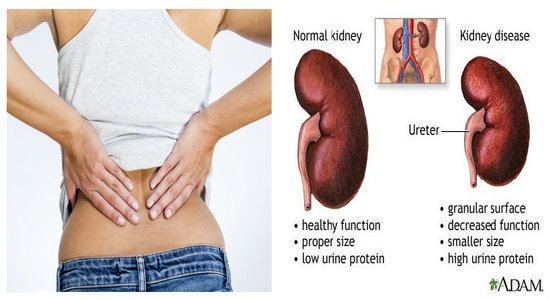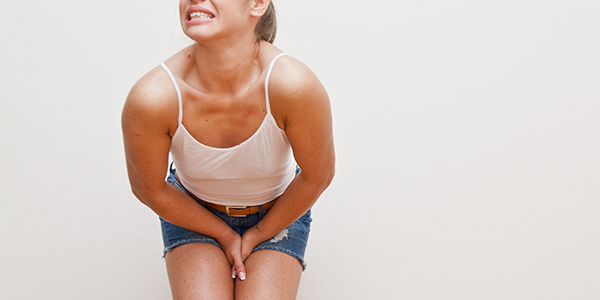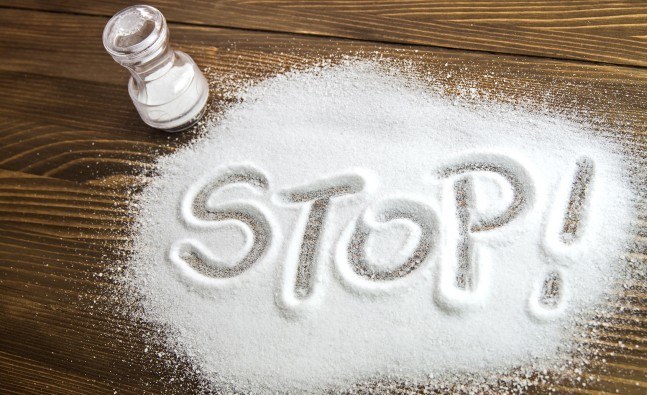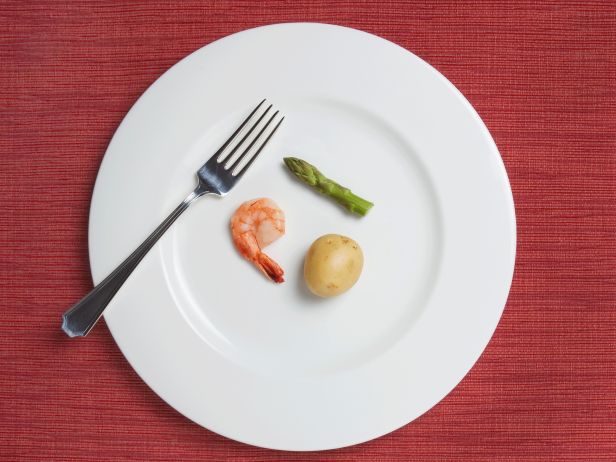Your kidneys are two very important organs. They may be small, but they are mighty; if you don't take proper care, they can cause major pain and serious damage to your body.
Our kidneys regulate the electrolytes in our blood, remove waste from the blood and expel it through urine. Kidneys regulate fluid balance and blood pressure, they also reabsorb water, glucose and amino acids.
If your kidneys aren't working properly, you can experience urinary tract infections, kidney stones, acute kidney injury, renal cysts. Kidney stones are generally harmless, but if you've ever tried to pass one, you know that they're EXTREMELY painful.
Be sure to take good care of your kidneys and avoid these damaging habits:
1. You don't pee when you have to
The longer you hold your bladder, the greater risk you are at or infection. Bladder infections can spread to your kidneys and cause more damage to your body.
2. You don't drink enough water
The National Kidney Foundation urges us all to be 'water wise' for optimal kidney health. Men should drink up to 13 cups of fluid daily, while women need about 9 cups daily. If your urine is dark yellow, this is an indication that you are dehydrated - drink up!
3. Consuming too much salt
It can be very difficult for kidneys to balance the electrolytes in your body if you over-consume salt. High blood pressure caused by chronic salt consumption causes stress on the small blood vessels in the kidneys. It makes it difficult for your kidneys to filter toxins and waste, which, over time, leads to chronic kidney disease.
4. Not treating common infections quickly/properly
If you are experience the symptoms of chronic kidney disease and do not seek treatment, you could develop life-threatening complications that can lead to heart and blood vessel disease. Other complications include: high blood pressure, anemia, weak bones, nerve damage.
5. Eating too much meat
Over consuming red meat has recently been linked to cardiovascular disease, chronic kidney disease and end-stage renal disease. By replacing one serving of red meat with a different source of protein, your risk of developing ESRD is reduced by 62 percent.
6. Not eating enough
Skipping meals can cause low blood sugar and a drop in insulin. This can cause fainting, seizure or even coma. Kidneys regulate our insulin levels, but skipping meals can cause your kidneys to struggle to maintain glucose levels which could lead to conditions like hypoglycemia.
7. Abusing painkillers
Painkillers like asprin, acetaminophen, ibuprofen, Ketoprofen and naproxen sodium contain analgesics which control pain, reduce fever and sometimes decrease inflammation.
Taking too many or taking them for longer than prescribed can cause decreased kidney function. However, if your doctor prescribes baby asprin to ward off heart attacks, the small dose will not affect kidney function.
8. Prolonged use of supplements
Taking dietary supplements without informing your doctor can have an effect on kidney health. The Clinical Journal of the American Society of Nephrology released a list of 17 dietary supplements (including Geranium, Vitamin C, Cranberry and Licorice) that have been associated with kidney problems.

9. Drinking too much alcohol
Over consuming alcohol (more than two drinks per day) can cause liver disease, which requires our kidneys to worker harder to filter our blood. The more we drink, the higher our blood pressure gets.
High blood pressure is also a common cause of kidney disease, according to the National Kidney Foundation, "most patients in the United States who have both liver disease and associated kidney dysfunction are alcohol dependent."
10. Not getting enough sleep
Studies suggest that chronic sleep disruption can cause kidney disease. Since our circadian rhythm (sleep/wake cycle) regulates cardiovascular health, interrupted sleep disrupts our body's natural ability to renew the tissues in our hearts.
Scientists found that disrupted sleep cycles causes scaring in the kidney tubules. They suggest that shift workers and flight-crews could be similarly affected.
Take care of your kidney health! For a longer, healthier life, avoid these common bad habits.
For more healthy tips and news, follow us on Facebook!
[Source: National Kidney Foundation / Healthy Food House]




